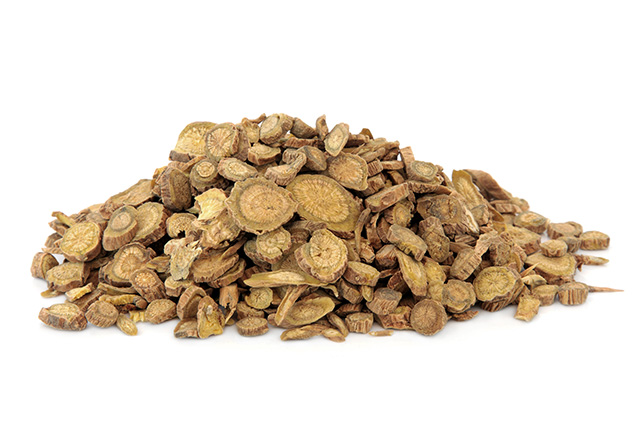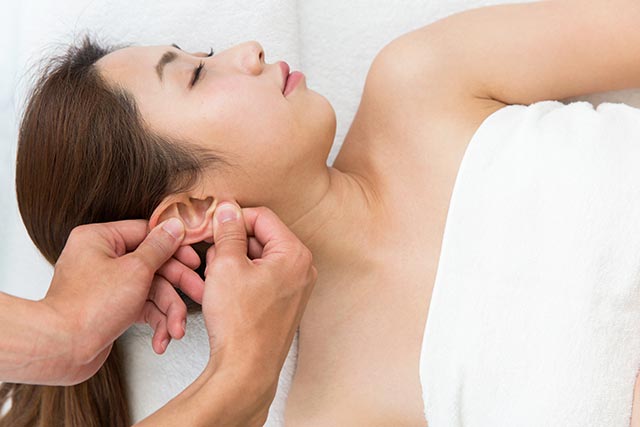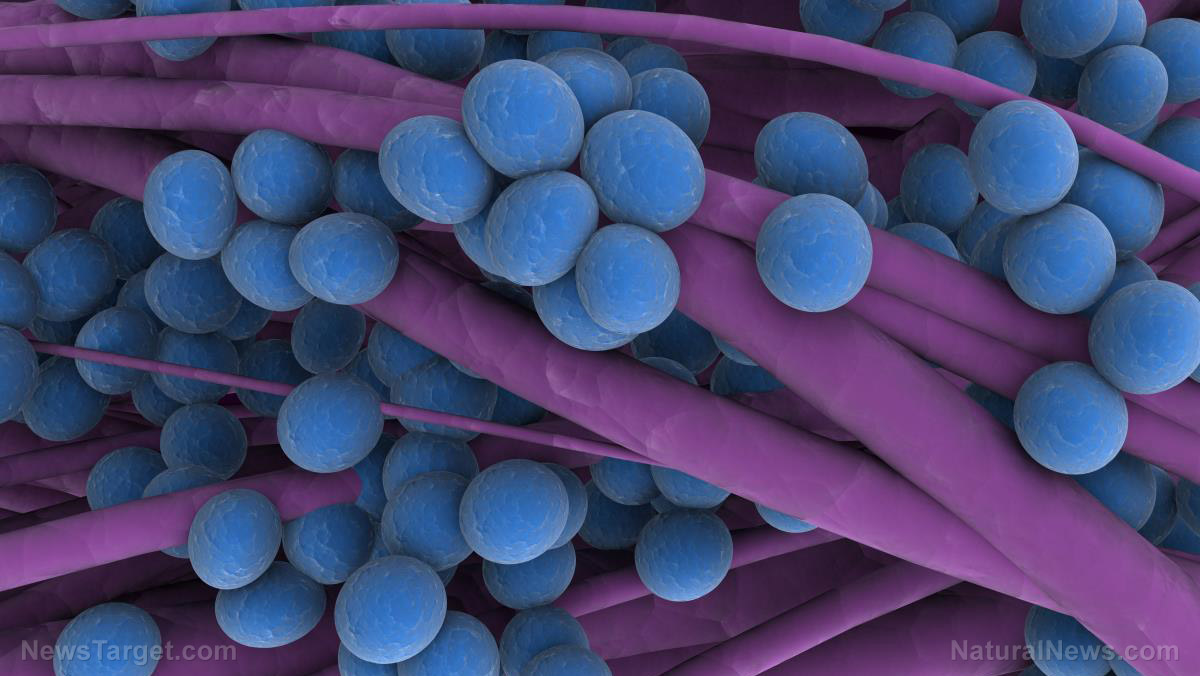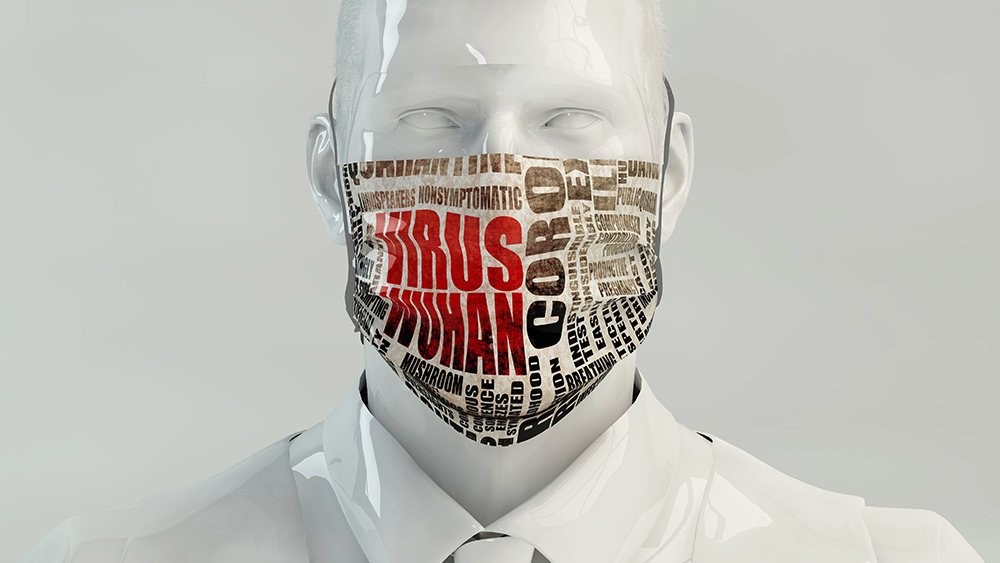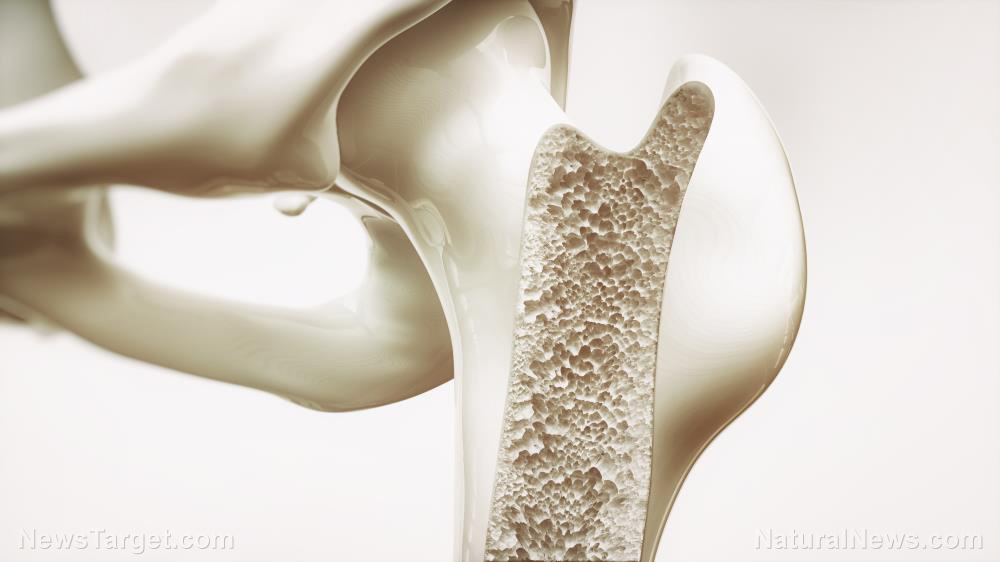The Dutch are starting to develop antibodies against coronavirus, says new study
04/18/2020 / By Franz Walker
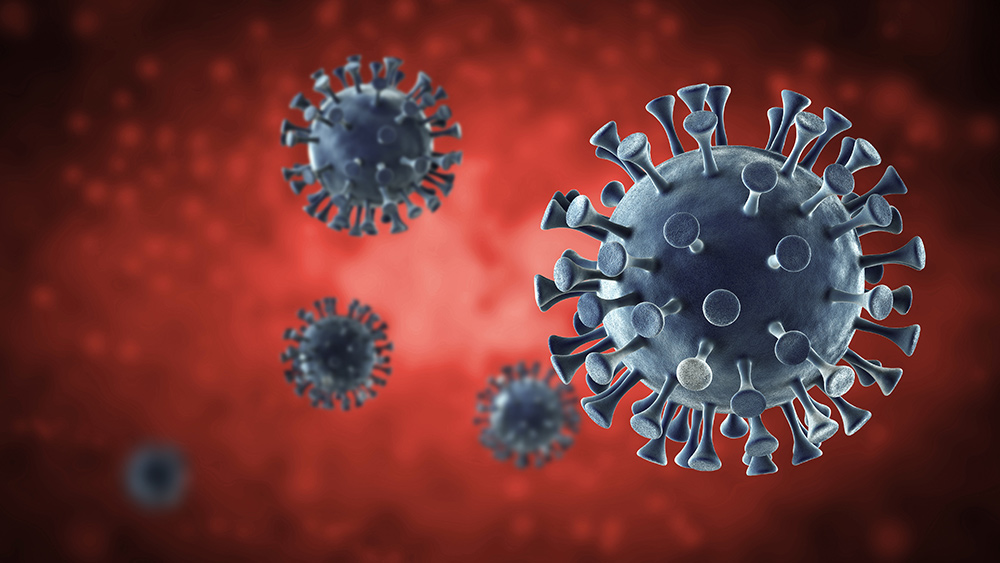
A new study seems to show that around three percent of the Dutch population have developed antibodies against the SARS-CoV-2 coronavirus responsible for the current pandemic. Health officials are looking at the study as an indicator of the percentage of people living in the Netherlands, and countries with similar rates of infection, may have already had the disease — and therefore could have immunity to the virus.
Jaap van Dissel, head of the Netherlands’ National Institute for Health (RIVM) said that the results of the study — conducted on Dutch blood donors — could indicate that several thousand Dutch could already be immune to the coronavirus.
“This study shows that about three percent of Dutch people have developed antibodies against the coronavirus,” Van Dissel said.
“You can calculate from that, it’s several hundred thousand people’ in a country of 17 million.”
Antibodies as an indicator of immunity
Health and government officials around the world are looking at antibody testing as a possible means of determining when governments can start relaxing restrictions that they’ve put up to slow the spread of the coronavirus and reopen their countries.
The U.S. has just begun conducting antibody tests — despite questions over the tests’ reliability. President Donald Trump, who wants to reopen the government by May 1, has himself added his voice to those who have urged the expansion of antibody testing.
The revelation that three percent of the Netherlands’ population has developed antibodies against the coronavirus gives some small indication of what percentage of people living in countries with similar infection rates might have developed some immunity to the disease.
As of reporting time, Johns Hopkins University’s running tally of infections reports that 29,383 people in the Netherlands have contracted the coronavirus. This accounts for 0.17 percent of the nation’s population of 17.28 million.
Although the United States has a population that’s more than 10 times that of the Netherlands, the infection rates of the two countries are somewhat similar with about .20 percent of the former’s population having caught the virus.
Of note is the fact that the Netherlands is only testing the sickest of people and those who’re on the front lines of the pandemic. Additionally, its first coronavirus case was reported a month later than when the U.S. confirmed its first patient. Both are factors that may partially account for the slight difference in infection rates.
Testing in America is inconsistent
Some work still needs to be done before similar antibody testing can be done in the United States. While at least 95 antibody tests are now available in the country, only three of these have been authorized by the Food and Drug Administration. Additionally, there is little consistency in how the tests were developed or even what antibodies they are screening for.
So far, there is no repository of data on how many people have been tested for coronavirus antibodies using these disparate tools. Neither are there any figures on how many of those who have been tested have come up positive for the antibodies.
In light of this, the National Institutes of Health (NIH) announced that it would launch its own antibody study last week. The NIH plans to recruit 10,000 American adults who have never tested for the coronavirus to take part in the test.
”This study will give us a clearer picture of the true magnitude of the COVID-19 pandemic in the United States by telling us how many people in different communities have been infected without knowing it, because they had a very mild, undocumented illness or did not access testing while they were sick,” said Dr. Anthony Fauci, director of the National Institute of Allergy and Infectious Diseases and America’s top expert on the outbreak.
It’s too early to know if the American population will have similar rates of immunity as the Dutch. Should that be the case, however, and three percent of Americans have some form of immunity, then that would open up the possibility for some 47 million people — three percent of the workforce — to return to work.
Question of antibody immunity
The big question hanging over all of this is that of just how much immunity antibodies provide. “Only the first glimmers of data are available about immunity to SARS-CoV-2,” writes epidemiologist Marc Lipswitch on the New York Times.
While antibodies do give immunity, scientists still don’t know how long the antibodies hang around after an infection. Based on clinical evidence from other coronaviruses, as well as what data scientists do have on SARS-CoV-2, Lipswitch makes an educated guess, stating that antibodies will “offer some protection over the medium term — at least a year — then its effectiveness might decline.”
The other thing scientists still need to figure out what levels of which antibodies will be enough to neutralize the coronavirus. This is an even more important thing to find out in light of efforts to use antibody testing to determine if people can go back to work. Should the tests flag people with not enough antibodies of the right kind as “immune,” then they put these people at risk of catching the coronavirus.
Sources include:
Tagged Under: antibodies, antibody, antibody testing, coronavirus, covid-19, Flu, immunity, infections, outbreak, pandemic, priority, superbugs, testing, The Netherlands, U.S., virus
RECENT NEWS & ARTICLES
COPYRIGHT © 2017 RESEARCH NEWS






